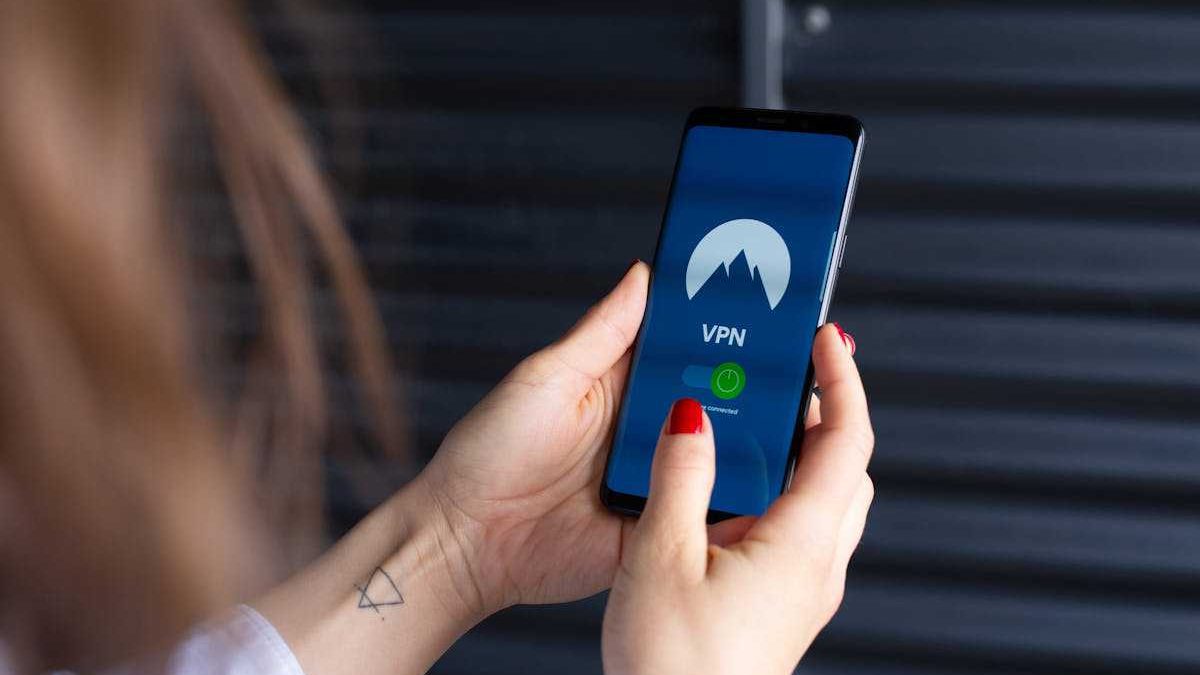In an always-connected world where almost every transaction can be done online, safeguarding your privacy and security has never been more valuable. Fortunately, you don’t need to be an IT professional or tech genius to address concerns about your online security. You’ll find the answer in three inconspicuous letters: VPN.
It used to be that a VPN or virtual private network was an obscure networking utility only familiar to large corporations and their IT teams. Today, however, it has gradually crept into the mainstream.
Consumers commonly use a VPN to protect themselves while shopping online, access free video streaming websites, and use a non-secure internet hotspot. It’s also used to access blocked websites, like TikTok, which is banned in some regions.
With the continued rise of the internet and mobile devices, online access has never been as ubiquitous as today. This situation makes the case for creating a VPN part of your online toolbox. Before you dive in, you must understand what a VPN is and how it works so you know how to protect yourself online.
Table of Contents
What is a VPN, and How Does It Work?
A VPN is a system that controls a remote server that’s used to create an encrypted connection or “tunnel” between it and a user device. In contrast to a normal internet connection, using a VPN routes internet traffic through a connection to the remote server before sending traffic to a public internet service provider (ISP). The data traveling back to your device follows the same path, essentially making all traffic go through the VPN server via a secure connection.
Although the concept of the VPN has been around for years, many are just now realizing its benefits due to the apps and tools commercially available today. The COVID-19 pandemic has also contributed to an increase in VPN use due to employees working remotely.
Over 70% of companies scaled up their VPN capabilities during the height of the pandemic. However, companies have been using VPNs even before the pandemic to give employees access to files and other digital resources wherever they are. It’s possible to set up a VPN yourself if you know how, although most consumers choose to go the third-party provider route for simplicity and convenience.
Key Benefits of Using a VPN in the UK
Enhanced Privacy and Security
With the more personal information you put online, privacy is continuously becoming a hot commodity. Companies monitor your online activities to send you targeted ads and relevant recommendations, making keeping your personal information private paramount. A VPN ensures that your online activities stay hidden from spying eyes and doesn’t discriminate. Whether it’s a hacker or your ISP, a VPN ensures you’re always protected.
Data Encryption
A VPN protects your data through encryption. This way, even if your internet traffic is intercepted, the perpetrator won’t be able to read your data. It’s comparable to sending coded messages that can only be decoded by those with the key.
Protection from Hackers
Cyberattacks aren’t limited to company servers anymore; nowadays, you can even become a victim of cybercrime. Over 40% of people in the UK and US use a VPN at least once a week, showing that VPN usage is a part of regular internet use for personal and professional purposes. Hackers search for their next victim; a VPN ensures this won’t be you.
Bypassing Geo-restrictions
Some websites use geo-blocking to restrict specific locations from accessing their content or for content localization. Geo-blocking determines a user’s location through IP addresses, GPS location data, credit card numbers, and other electronic identification means.
A VPN can bypass this because it reroutes traffic through a third-party server in a different country, changing a user’s IP address to one corresponding to the target server’s location. This allows users to access geo-restricted content wherever they are.
Streaming Services
If you love to watch UK content wherever you are, you may discover that it’s not always possible due to certain geo-restrictions. A VPN allows you to watch shows from streaming services like Netflix and BBC iPlayer from anywhere across the globe, and it’s more common than you may think. Half of all users state that they use VPNs to get better access to entertainment content.
Accessing International Content
Accessing international content is also a main use case for VPN. Aside from streaming services, it also allows you to easily browse international news, sports events, cultural shows, and more, even if you’re on the other side of the planet.
Anonymous Browsing
There are times that you want to browse websites without leaving a trace. You may be concerned about your ISP selling your anonymized customer data to third parties or you don’t want advertisers to track you online. Whatever the reason, a VPN will help you cover your digital footprints and make it harder for websites and companies to track your activities.
Masking IP Addresses
A VPN not only encrypts internet traffic but also masks your IP address. By connecting to a private VPN server, it assigns you a new IP address so your online activity can’t be tracked and stored by third parties.
VPN and the Power of Choice
Using a VPN in the UK or wherever you are provides many benefits, like enhanced privacy and bypassing geo-restrictions. You can enjoy a more secure browsing experience by choosing the right VPN and setting it up according to your needs. Of course, you can always go the other way and not use one so you get targeted ads and recommendations related to your browsing activity.
In the end, it’s still up to you, but a VPN provides you with more options—and that’s always good.

